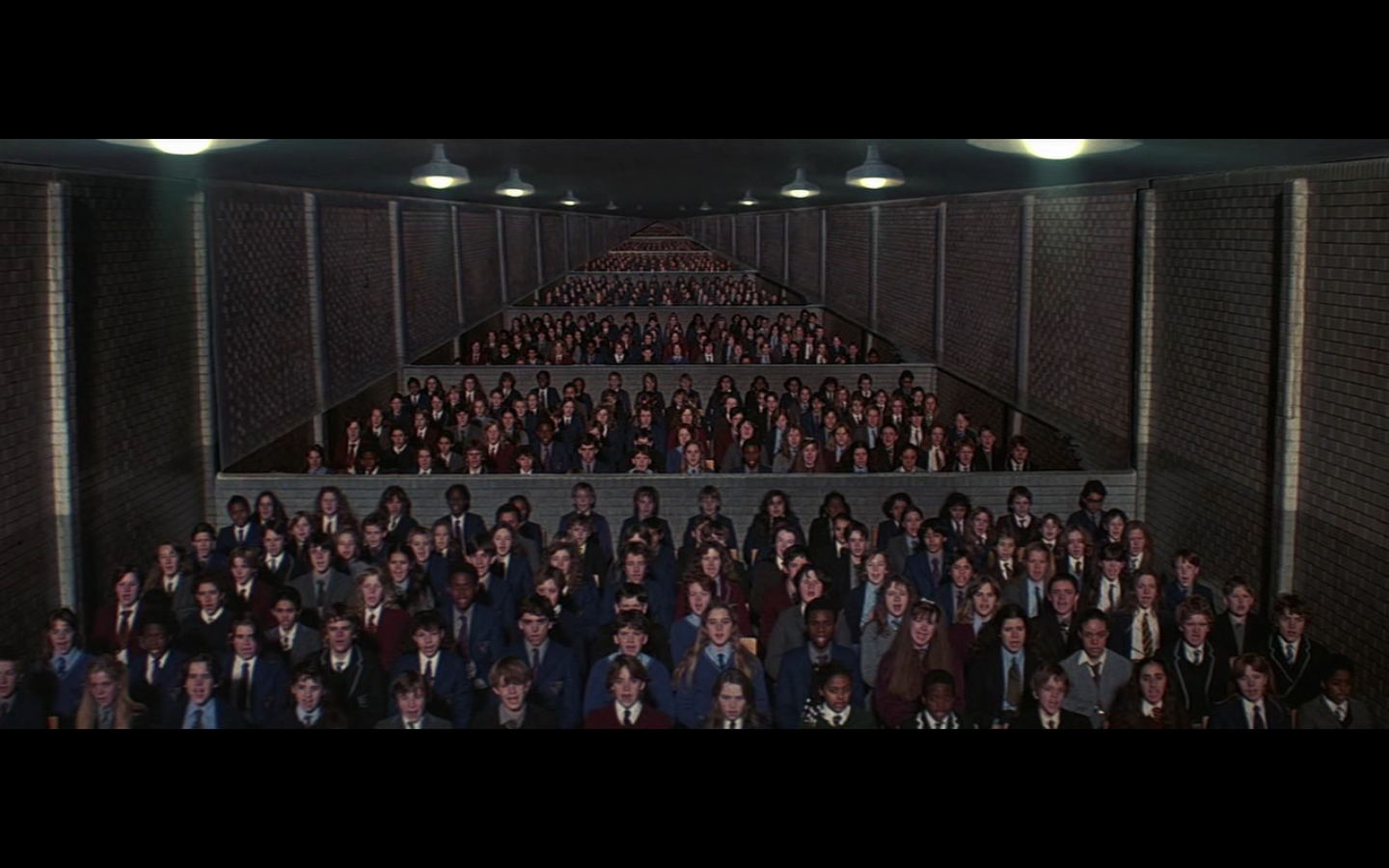School is often criticized as it cannot keep up with the expectations of contemporary children by continuing to remain a compulsory institution of knowledge transfer (and with difficulty at that) with all its attributes including assignments, dictations, tests, memorized texts and various school mass events.
Transfer of knowledge assumes that stable knowledge exists, the transmitter and the recipient. And hence in those conditions a serious breakdown occurs.
The formula “they give their best, you are obligated to take it” does not work, because nobody can say how the mandatory accumulation of knowledge is taking place, the filtering of this transfer, until we are able to answer the question, why is this necessary?
Best believe that almost all students ask this question, some in their minds, others to their parents or teachers. And often, they receive the answer that it’s simply necessary and there is no need to ask senseless questions.
And the child learns not to ask questions, to do (or to pretend to do) that which is demanded of them, which is to learn by heart, fill out leaflets, take tests and in a word, be checked.
And the school continues the process of the compulsory transfer of knowledge, demanding or asking to be left alone, and not to be given unnecessary questions.
Of course, this is a somewhat primitive formulation, but it is key.
Learning is an ongoing, chain reaction process, which requires a completely new logic in the case of knowledge accessibility. The holders of knowledge are no longer deluded, and the accumulation experience of humanity is available on the internet with various media carriers.
It’s not possible to transfer knowledge and quietly receive it, it’s necessary to equally be on both sides, with a bouquet of various questions kept in your pocket.
Knowledge is a stream, a river, which we live in and which we need to be able to swim in, often also against the current. And the best solution for that is to learn how to formulate the questions.
The ideal school helps to invent, formulate and develop the right questions, preparing a child for living in a sophisticated world from a young age.
If that goal is not set and the opposite of closing in the multitude of the world, then school is useless. It’s useless as a system, because it creates false impressions on children and condemns them to be isolated. Therefore, left outside of the game.
A good school does not give answers, as there are no ready answers, data, correct spelling, or formulas to memorize, they are available on the web with one touch, but it helps to find the direction of the questions.
The important thing is to be guided by the context of the application of knowledge. And the question “why am I learning this?” is not only relevant but also essential.
The school, as well as the teacher, cannot be content with answering, that mulling over a poem or formula is necessary in order to become a good citizen, patriot, doctor, or soldier. That would be extremely abstract and not applicable, especially in the age of overlapping professions.
The use of knowledge in everyday life and the pleasure derived from is being killed by schools, if it continues to cover up specific issues with abstract responses.
And how do I know what is necessary and how can I understand that what is necessary especially for me, if the world and the stories about the world are open, mixed and multifaceted?
These are the questions that have value and which shouldn’t be cheapened with rhetorical answers.
The media helps in that work, that is to say the skill of working with information carriers and distributors.
Learning to swim is practical work in the sea of knowledge as well.
The important thing is to convey to the child that the basis of media literacy is a person, who gets information, thinks, suspects, and critically approaches what they hear, read and see. Rejects, combines and in a word chooses…
Even if it’s what the teacher says or what is written in and approved by the textbooks.
Of course, there is the reputation of the school and teacher which forces the school to always be right, but elements of media literacy can be transformed into critical thinking and the search for that which is accurate and modest.
That is done without shooting down the reputation of the school, rather using a path of emphasizing it.
Media literacy, as a contemporary skill, plays a role in classifying a person as being higher than the information surrounding them. Including textbooks.
Let’s admit that even if the teacher says the unconditionally right thing to do, the child will either accept it blindly, being convinced and coming to the realization like a slave that there is nothing more correct on their horizon. Or they oppose, refusing to obey.
In the first case, they acknowledge that the outside will is more important than their own. And in the second case, their own will will become the reason for non-constructive behavior.
The goal of media literacy is not to say the right thing, but to help the child to reach the right conclusion, perhaps even passing through the path of freny and anger. To have the will, desire and pleasure to do that.
And to accept from childhood, that what they see, read and hear cannot be complete, it is just a small part of the big picture. An incomplete and continuously depicted image where their contribution and personality is also important.
Nune Hakhverdyan







